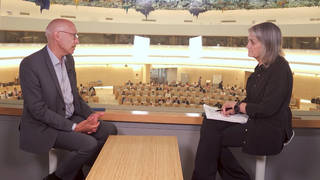U.S. Surgeon General Vivek Murthy issued an advisory warning of social media’s “profound risk of harm” for young people and calling for immediate action from lawmakers, tech companies and parents to keep kids safe. An estimated 95% of 13- to 17-year-olds are on social media. Those who are on it over three hours per day face two times the risk of depression and anxiety. Additionally, social media could overstimulate the brain in ways similar to addiction, as well as cause sleep and attention issues. Murthy said young people’s brains are especially vulnerable to the detrimental effects of peer pressure and constant comparison.
Lawmakers have passed a number of bills recently to address child sexual exploitation online, while other measures around parental consent, age verification processes and other safety procedures are being discussed. Murthy and other health experts also acknowledge social media can help young people who feel isolated or ostracized be more connected to a larger community and mental health resources.










